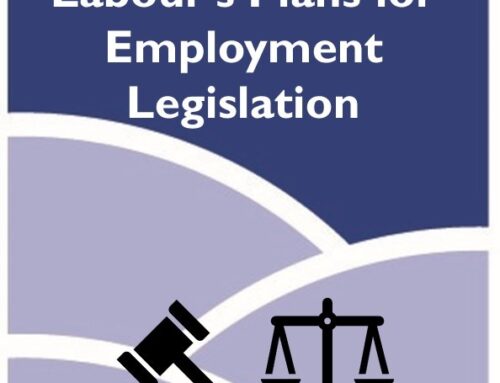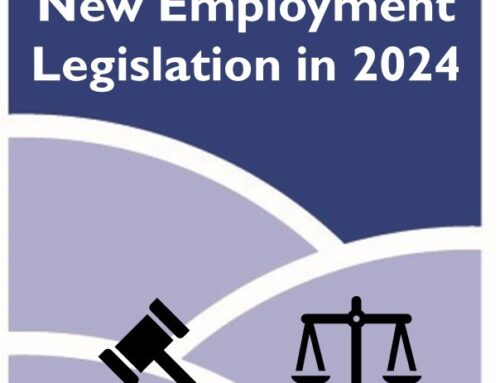These topics are high on the list of frequently asked questions and discussion points in recent weeks and with new information and guidance being drip fed on a regular basis we felt a quick update on the current state of play would be useful.
The Government has announced that companies will be able to reclaim Statutory Sick Pay (SSP) paid in relation to Coronavirus related absence from 26th May and another symptom has officially been added to the list.
Symptoms
Official advice from the NHS was updated yesterday when “loss or change in sense of smell or taste” was added to the list. This had often been mentioned as an effect of the virus and it has now been added to the list so that people may react and seek treatment more urgently. The official guidance on what to look out for is now:
- High temperature – this means you feel hot to touch on your chest or back (the NHS website says you do not need to measure your temperature)
- New, continuous cough – this means coughing a lot for more than an hour, or 3 or more coughing episodes in 24 hours (if you usually have a cough, it may be worse than usual)
- Loss or change to your sense of smell or taste – this means you’ve noticed you cannot smell or taste anything, or things smell or taste different to normal
Most people with the virus have at least one of these symptoms, As the unlockdown process continues it important that we continue look out for these symptoms and that employees and managers are mindful of them in the workplace and wider community. NHS guidance for people who believe they have the symptoms is to contact NHS 111 (not a GP, pharmacy or hospital). If the symptoms are mild, NHS 111 will usually advise the sufferer and anyone they live with not to leave their home. This is self-isolation.
Anyone with symptoms should self-isolate for 7 days from when their symptoms started. Anyone who does not have symptoms should self-isolate for 14 days from when the first person in your home started having symptoms.
For parents and carers with young children there is some additional, specific advice from the NHS:
- Call 111 if you’re worried about a baby or child under 5
- If your child seems very unwell, is getting worse or you think there’s something seriously wrong, call 999
- Do not delay getting help if you’re worried. Trust your instincts
Shielding
Often talked about in the same breath, shielding and self isolation are different scenarios. Shielding is the term that defines the measures to be taken to minimise the risk of Coronavirus infection for people who are clinically extremely vulnerable and they should have received a letter telling them they’re in this group or been told by their GP. The Government strongly advise people that are shielding to stay at home at all times and avoid face-to-face contact to protect themselves and to shield until 30th June 2020.
Full guidance on the “extremely vulnerable” list and what to do in relation so shielding is included on this .GOV web page:
If a person is unable to work because they are shielding they will be eligible for SSP (see below) and they would also be eligible for furlough provided SSP isn’t being claimed at the same time.
The guidance states that people living in the same household as someone who is shielding do not need to start shielding themselves and should take steps to minimise contact and the risk of virus spread as outlined in the above .GOV page.
SSP
In pre-COVID normal times, SSP would be paid for a period of absence of 4 days or more (the payment would start on the 4th day) and could be paid for up to 28 weeks.
One of the emergency measures introduced in the early days of the crisis was that SSP would be paid from the 1st day of any Coronavirus related absence from 13th March onwards – employees who had symptoms or were self isolating because they lived with someone who had symptoms are eligible.
On 14th April, The Government allowed SSP to be paid from the first day of absence for anyone shielding due to the virus.
Employees who are absent and in receipt of SSP are not eligible to be furloughed or for their employer to claim the JRS rebate from HMRC.
The mechanism for reclaiming Coronavirus related SSP goes live on 25th May and employers will need to keep these records for 3 years after the end of the tax year that SSP was paid:
- The dates the employee was off sick
- Which of those dates were qualifying days
- The reason they said they were off work – if they had symptoms, someone they lived with had symptoms or they were shielding
- Their National Insurance number
Employers don’t need to keep these records for normal SSP payments and claims. There is more information on this .GOV page – https://www.gov.uk/employers-sick-pay/entitlement
Face Masks
The Government’s guidance on wearing face for the general public changed last week and coincided with the unlockdown process and the expectation of more people out and about and at work. This is what is now being advised for England (it differs in each of Scotland, Wales and Northern Ireland):
- People should aim to wear face coverings on public transport and in some shops (it doesn’t say which shops and we haven’t seen much evidence of them being worn locally)
- In other “enclosed spaces where social distancing is not always possible and they come into contact with others that they do not normally meet”
- Face coverings should be worn and not surgical masks or respirators which should be left for healthcare staff and other workers who need them
People do not need to wear face coverings where they are:
- Outdoors or while exercising
- In schools
- In workplaces such as offices and shops
- Children under two or primary aged children who cannot use them without assistance
- People who have problems breathing while wearing a face covering



